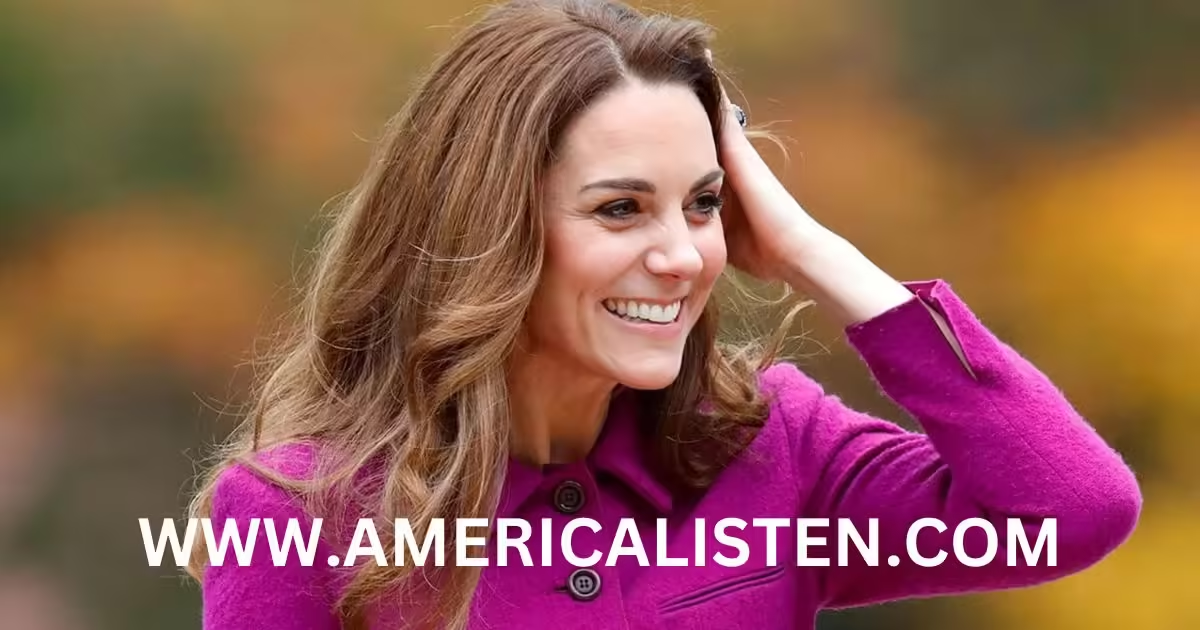WhatsApp and Meta have reentered the news cycle with a bold ultimatum, marking a significant development nearly four years after their controversial policy changes. This unexpected turn of events comes as the messaging platform, in conjunction with its parent company Meta, issues a challenge, threatening to cease operations in India if compelled to compromise its end-to-end encryption and hand over user data to authorities.
The backdrop to this ultimatum is a legal battle unfolding in the Delhi High Court, where WhatsApp and Meta have jointly filed a lawsuit contesting India’s 2021 IT regulations for social media intermediaries. Of particular contention is the requirement to identify the original source of content, which the companies argue infringes upon user privacy and undermines the integrity of their encryption systems.
In response to India’s evolving regulatory landscape, which includes mandates for the appointment of key compliance officers and monthly compliance reporting for social media platforms, WhatsApp and Meta have taken a firm stance. Their challenge in the Delhi High Court reflects their commitment to defending user privacy and resisting government efforts to compromise encryption protocols.
The outcome of this legal battle will have significant implications not only for WhatsApp and Meta but also for the broader tech industry and the future of digital privacy in India. As governments around the world grapple with regulating social media platforms and balancing security concerns with individual rights, the case serves as a high-stakes showdown with far-reaching consequences.
Ultimately, WhatsApp and Meta’s decision to issue an ultimatum underscores the growing tensions between tech companies and governments over issues of privacy, data security, and regulatory compliance. As the legal battle unfolds, all eyes will be on the Delhi High Court to see how it navigates the complex intersection of technology, law, and individual rights in the digital age.


